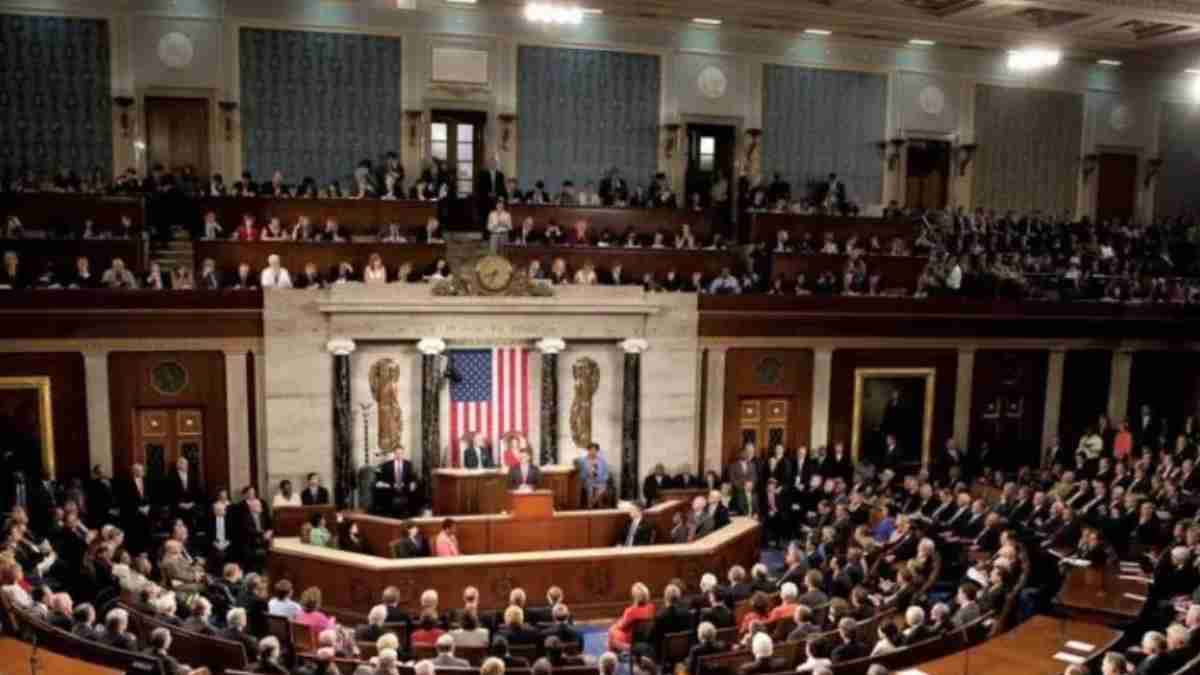The U.S. House of Representatives has made a significant move by passing the $196 Billion Social Security Bill, a bold step towards transforming the benefits landscape for public sector employees. This landmark legislation, known as the Social Security Fairness Act, aims to repeal two longstanding provisions that have been reducing Social Security benefits for those in public service roles.
The passage of this bill taps into broader discussions about the sustainability of Social Security. While it promises relief and fairness for public sector workers, it also raises questions about the long-term viability of the program.
Bipartisan Bill Could Reshape Social Security and Retirement Trends
Introduced in 2023, this bipartisan bill has stirred excitement and concern alike. With its passage in the House on November 12, it now awaits consideration in the Senate, where it enjoys substantial bipartisan support. Should it pass, the financial implications are substantial, with an estimated cost of $196 billion over the next ten years.
- Increased Benefits: Public sector employees stand to see an increase in their Social Security benefits as the bill aims to eliminate reductions that have long affected them.
- Funding Concerns: Critics caution that this legislative change could intensify the funding challenges already facing the Social Security program.
In related financial news, the number of ‘401(k)’ Millionaires has surged by 43% since last year. Curious about how to join this elite club? Here are three strategies to consider:
- Maximize your contributions early and consistently.
- Diversify your investments to balance risk and growth potential.
- Stay informed about market trends and adjust your portfolio accordingly.
Additionally, have you ever wondered how many Americans manage to retire with a nest egg of $1,000,000? The percentage might just surprise you.
The proposed bill focuses on addressing two crucial provisions that were incorporated into the Social Security Act back in 1983, significantly impacting public sector workers.
The Windfall Elimination Provision (WEP)
This specific rule aims to reduce Social Security benefits for those who receive pensions from jobs where they did not contribute to Social Security taxes. This is common in certain state and local government positions. As reported by the Congressional Research Service, approximately 2.1 million people are currently affected by this provision.
The Government Pension Offset (GPO)
The GPO targets the reduction of Social Security benefits for spouses, widows, and widowers who receive government pensions. Presently, around 745,000 individuals experience reduced benefits due to this rule.
Arguments for Repeal
Advocates for repealing these provisions argue that they unjustly penalize retired teachers, police officers, firefighters, and other public servants. Many of these individuals rely heavily on their Social Security and pension benefits as a crucial source of income. The call for change emphasizes the need for fairness and support for those who have dedicated their careers to serving the public.

